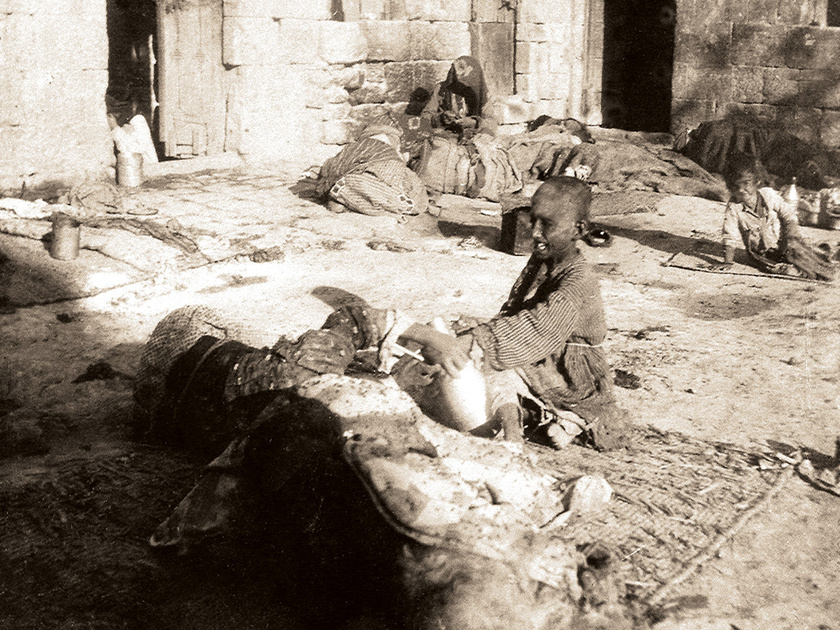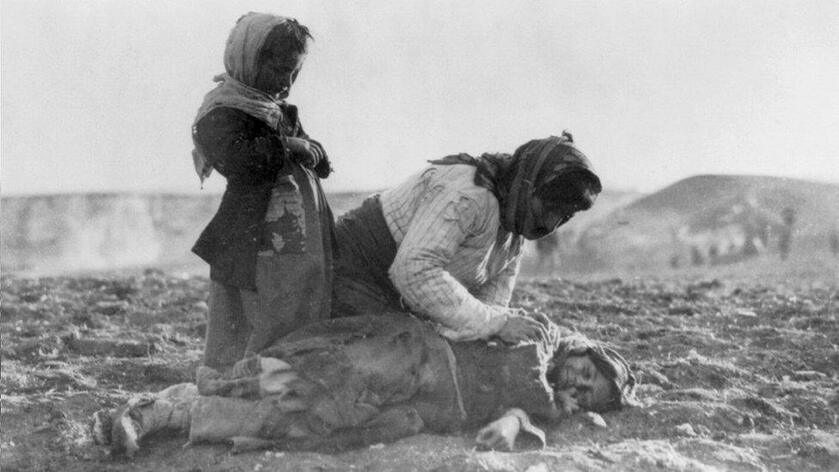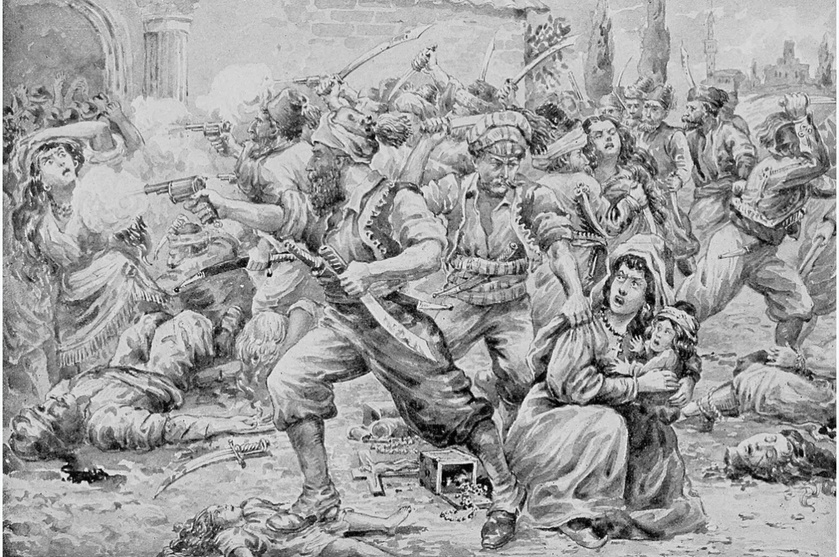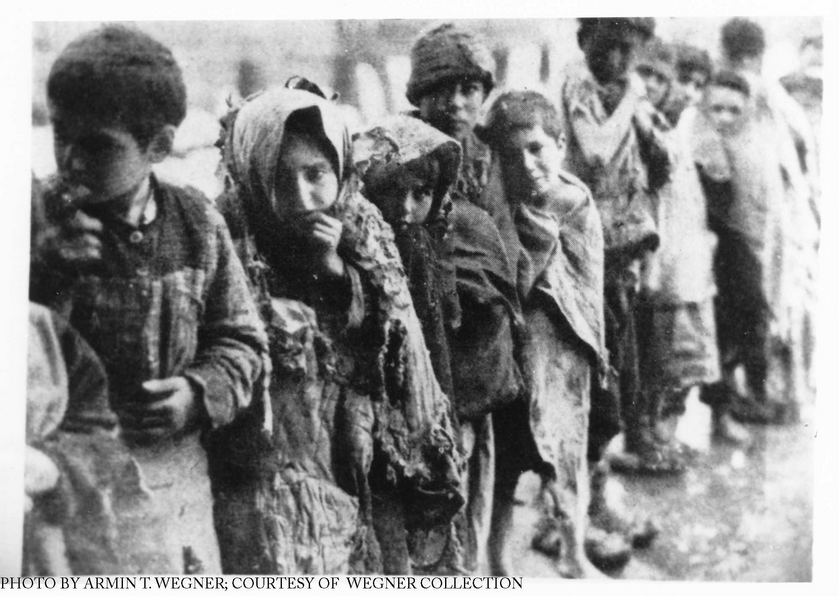I’ve stood at the Armenian Genocide Memorial in Yerevan more times than I can count. Every visit leaves a mark. The tall gray spire, the eternal flame, the somber music playing softly in the background — it's like time slows down there. You walk past rows of photos of children who never got to grow up, mothers holding the hands of their sons one last time. There’s a weight in the air. It’s not just about remembering a tragic past. It’s about facing the brutal truth that human beings are capable of unthinkable cruelty when hatred is left unchecked.
I’ve been to war zones. I’ve seen what people can do to each other when ideology trumps humanity. But what happened to the Armenian people over a century ago is something that should chill us to the bone. And worse, the world let it happen — and then, for the most part, forgot.

On April 24, 1915, the Ottoman Empire launched a coordinated campaign to wipe out its Armenian Christian population. It began with the rounding up and execution of Armenian intellectuals and leaders in Constantinople. What followed was mass deportation, starvation, and systematic slaughter. Women were raped and sold into slavery. Children were left to die in the desert. Entire communities were erased.
Some estimates put the death toll at 1.5 million. Others are more conservative. But the numbers don’t matter as much as the truth behind them — this was a deliberate, state-sponsored genocide.

And yet, a generation later, Adolf Hitler would scoff at the world’s failure to act. Before invading Poland in 1939, he justified his own genocidal plans by asking:
“Who, after all, speaks today of the annihilation of the Armenians?”
That quote should shake us. It’s a reminder that forgetting genocide is what allows it to repeat. Hitler saw the silence as permission.
That’s why I keep going back to that museum in Yerevan. Not because I enjoy grief — I don’t. Every visit is hard. But I go because remembrance is resistance. We remember to say, “Never again,” and mean it.
And here’s what you need to know — because knowing the truth is the first step to making sure history doesn’t repeat:

Facts You Should Know About the Armenian Genocide
It was premeditated. This wasn’t random violence. It was a carefully planned operation to eliminate an entire ethnic and religious group from the Ottoman Empire.
It started with silence. The first targets were community leaders, intellectuals, and clergy — anyone who could organize resistance. Once they were removed, the rest were defenseless.
The death marches were designed to kill. Armenians were forced to walk for hundreds of miles into the Syrian desert with no food, no water, and no hope. Thousands died along the way. Many were killed outright. Others were left to die slowly.
Women and children suffered immensely. Reports from missionaries and diplomats tell of women being raped, mutilated, or sold. Children were torn from their families and given to Turkish homes, never to know who they really were.
Turkey still denies it. Over 100 years later, the Turkish government continues to reject the term “genocide,” despite overwhelming historical evidence. This denial is a second injustice — a refusal to acknowledge the victims.
Recognition matters. The U.S. officially recognized the Armenian Genocide in 2021. That matters. Words matter. Truth matters. And so does the courage to speak it.
Why We Must Speak Up
The Holocaust is rightly remembered with solemnity and education. We teach about it in schools. We honor the victims every year. We remind ourselves what happens when good people stay silent.
We should do the same for the Armenian Genocide. Not because it’s popular. Not because it’s politically easy. But because it’s right.
As Christians, as Americans, and as human beings, we’re called to stand with the persecuted. To shine a light on evil. To remember the forgotten.
And to anyone who says, “But that was a long time ago,” I say this: evil doesn’t age. The seeds of hate that were planted in 1915 are still trying to take root today — just under different names and faces.
So let’s remember. Let’s speak their names. Let’s teach our children the truth.
Because if we don’t… someone like Hitler just might ask the same question again.

















